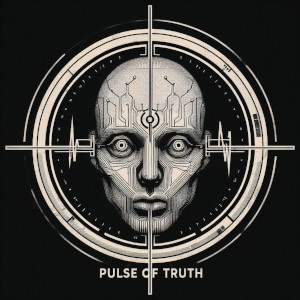

One of the most important parts of a propaganda framework is the introduction of code-words, little phrasings that automatically call to mind a particular narrative you’re trying to construct. “People are fleeing California to move to red states” may be true, it may not be, it may be because of property values more than anything else. Doesn’t matter. By incorporating that same phrasing and framing into as many different contexts as possible, it does two things:
- It gives people security. It’s like a little affirmation that gives them assurance they’re on the right side. They can slip it into conversation on their YouTube channel, in their press conference, at their dinner table. It reminds them that everyone on the “enemy” side is stupid, and losing, and they’re on the right side. It gives them camaraderie, it strengthens the bond.
- It creates an artificial external reality. If you just walk up to people a few times a week and say, “Democratic policies are a failure,” they’ll think you’re super weird, and they might even disagree with you. But if you just use the code-word, if you allude to it, even in contexts like this that have nothing to do with anything, it’ll smuggle its way into their worldview without them even noticing. Eventually, it’s reach a point where if someone tries to tell them it’s not that way, they’ll scoff and decide the person is stupid, because everyone thinks that, they hear it everywhere.
It’s very effective.




























It is excellent. It is brilliant. Everyone’s different, surely there are people who won’t like it, but for me it was top notch.